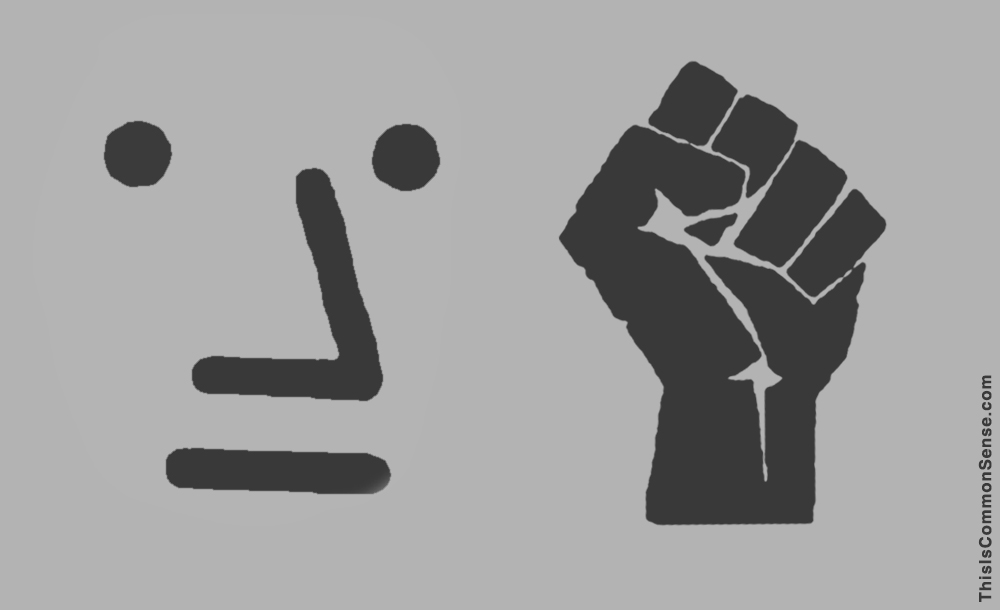When I was a kid, every December day was like a rocket-launch countdown ’til Christmas.
Republicans in the House of Representatives have fewer days to tick off: the days remaining to do something before Democrats take over. Days left in session? Eight.
We know what Trump wants them to do: pass his negotiated replacement for the North American Free Trade Agreement (NAFTA).
Last week, “Trump held a high-profile signing ceremony with Canadian Prime Minister Justin Trudeau and Mexican President Enrique Peña Nieto at the G‑20 summit in Argentina,” Eric Boehm writes at Reason. “The leaders of the three countries put their signatures to the final version of the United States – Mexico – Canada Agreement (USMCA), but the deal must still be ratified by each domestic government.”
And some in the Republican House are uneasy, because they “disagree with the Trump administration on trade issues and correctly see the USMCA as moving North America further from free trade.”
Though Donald Trump has given us some reason to think he might have multilateral free trade in mind as his real goal, the current state of the USMCA does not bolster that.
But it could be worse — the Democrats could scuttle the rewrite, just to spite Trump. This would allow Trump to go “nuclear” and withdraw from NAFTA unilaterally without a replacement.
“This would be disastrous for the American economy,” Senator Pat Toomey (R‑Pa.) says, “and would kick off a constitutional battle between the branches over trade power.”
That sounds like a lump of coal for Christmas. But I wonder: can a constitutional battle be all bad if it raises awareness of … the Constitution?
This is Common Sense. I’m Paul Jacob.









